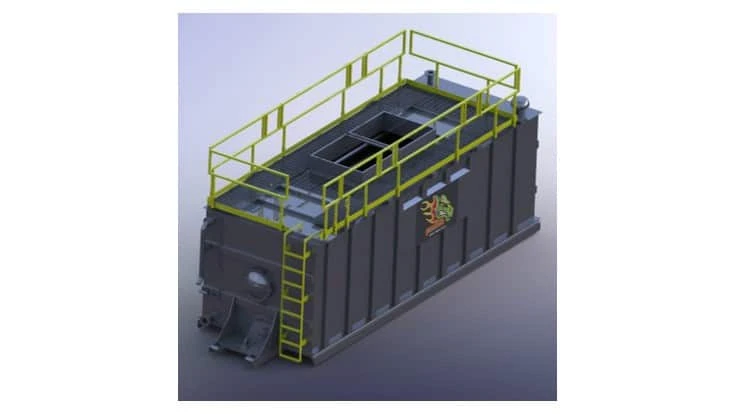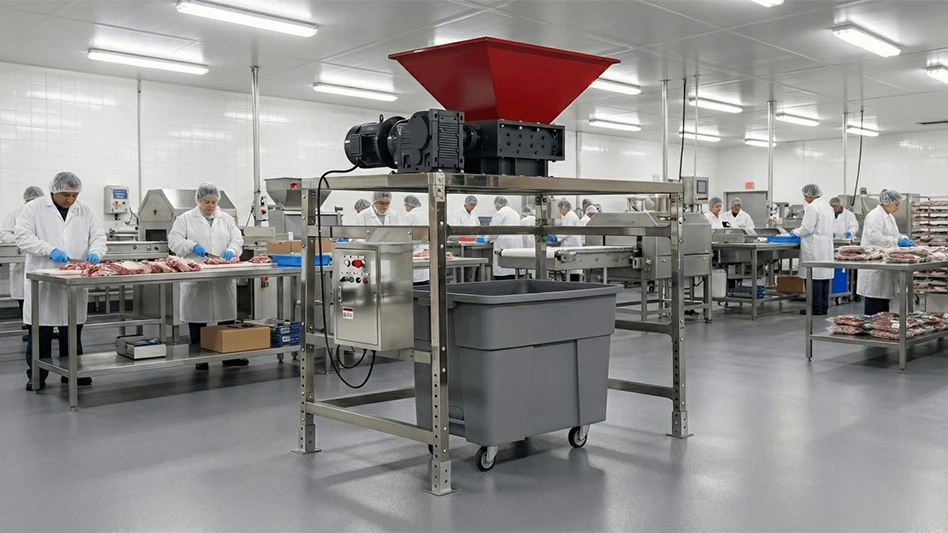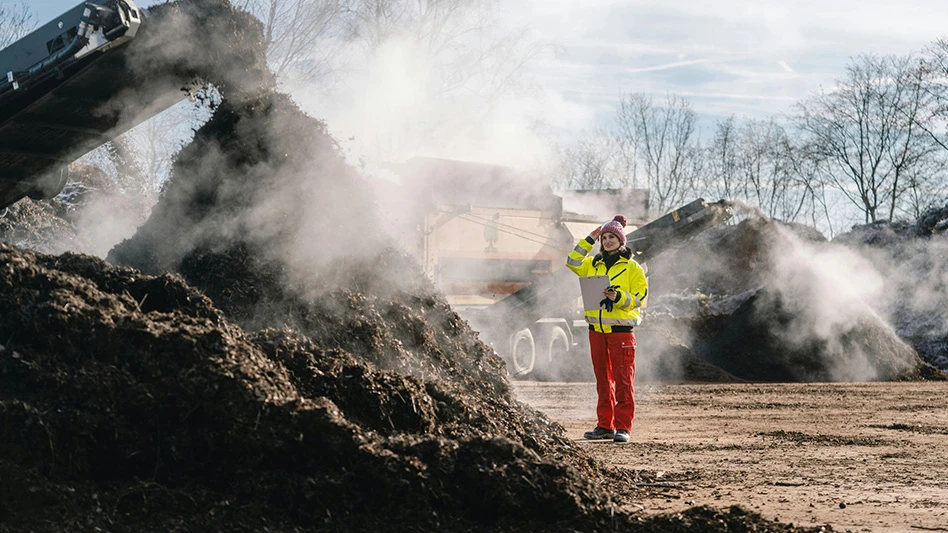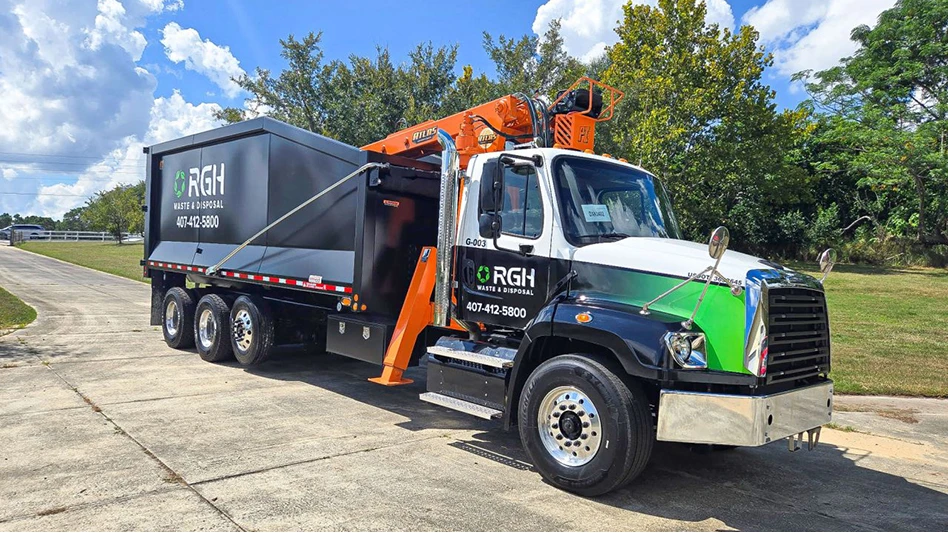
Image provided by Downey Ridge Environmental Co.
Lansing, West Virginia-based Downey Ridge Environmental Co., developer of Greasezilla commercial fats, oil and grease (FOG) recycling systems, says its installed base is expanding beyond its traditional wastewater treatment and grease trap waste hauling sectors. Its newer endeavors are reaching into biodiesel production, anaerobic digestion, food processing and water reclamation industries, says the firm.
The Greasezilla hydronic thermal separation system is increasingly becoming a “front-end” processing technology, according to the company.
Communities in North America, Europe, the Middle East, Asia and Africa are seeking a workable solution to help them combat FOG created from commercial and industrial food production facilities, adds Greasezilla. The system is designed to separate up to 40,000 gallons of raw grease trap waste per day, “generating a 10-to-20 times return in tipping fee profits, without any added costs for additives, additional processing, blending or fossil fuels,” according to Downey Ridge.
After the separation process, the “brown grease” advanced biofuel (ABF) offtake is pumped into holding tanks to be sold on the commodity market, says the firm. The remaining water is pasteurized and is “nearly free of all suspended solids, and safe for discharge into a wastewater treatment facility.” Greasezilla operates using 5 percent of the energy compared to the ABF it produces, and is a “low carbon emitter.”
The company says the Hampton Roads Sanitation District in Virginia has selected Greasezilla as the FOG separation technology for its Nansemond Treatment plant. “With fewer blockages and [less] equipment repair, annual operations and maintenance budgets for facilities are more stable and predictable.,” says Downey Ridge, adding, “Facilities also generate revenue from tipping fees and the sale of Greasezilla’s ABF offtake.”
Independent waste and recycling haulers are turning to Greasezilla to help them dispose of grease trap waste they collect from commercial food service businesses. They too, says Downey Ridge, reduce their grease disposal costs while adding tipping revenue from other haulers. Systems are scheduled to go in place in Chicago, New Orleans and Atlanta, according to the firm.
Greasezilla’s brown grease offtake “is an ideal feedstock for biodiesel conversion,” says the firm. The Greasezilla system adds additional profitability to biodiesel production facilities by generating high-quality feedstock in-house from materials that haulers will pay to unload. New systems are slated in this sector in Connecticut and Georgia, according to Downey Ridge.
Anaerobic digestion (AD) system operators in California and Washington have opted for Greasezilla’s FOG separation process as a way to manage input characteristics, providing a balanced feedstock for digesters.
A water reclamation facility in Texas plans to use Greasezilla as a pretreatment process, and a food processing plant in Massachusetts is using a modular Greasezilla system to process FOG at its source point instead of hauling it to other locations for processing and disposal.
Latest from Waste Today
- New York finalizes greenhouse gas emissions reporting regulations
- EPA selects 2 governments in Pennsylvania to receive recycling, waste grants
- NWRA Florida Chapter announces 2025 Legislative Champion Awards
- Yolo County reports fatality at Central Landfill
- New Way expands Canadian presence with Joe Johnson Equipment partnership
- Buffalo Biodiesel shares updates on facility modernization, NYSDEC compliance
- CETY launches HTAP platform for anaerobic digestion facilities
- Terex Ecotec announces Blue Machinery as distributor





